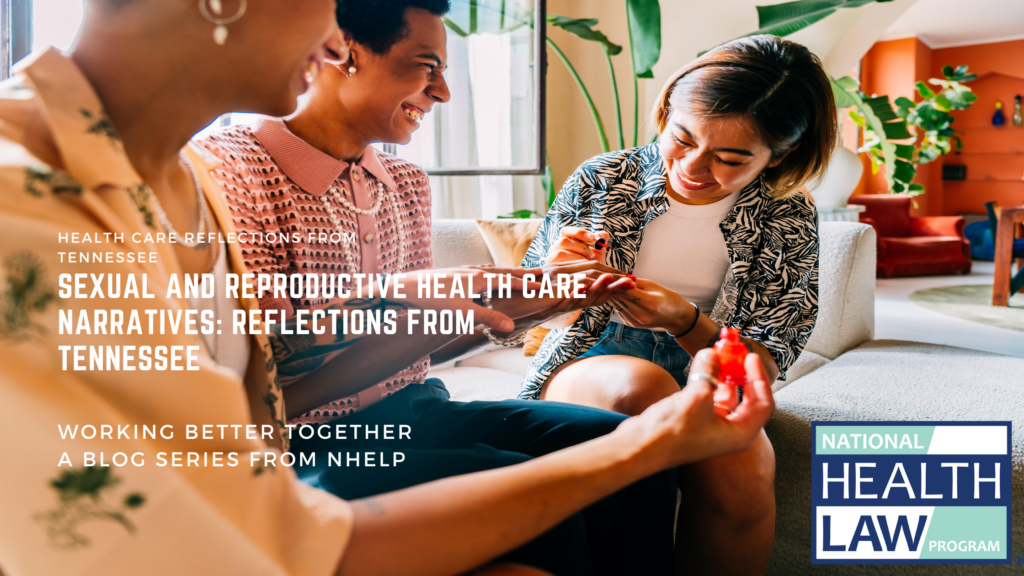Courage for the New Year: Reflection from Elizabeth G. Taylor
I’m thinking this year about courage. We are going to need it in the year ahead. Courage to speak truth, to stand up for what matters, to be our genuine selves and let others see us, to take on challenges. All of us will be needed. I want to say to my grandchildren that I did what I could to leave them a world still filled with wonder, with air they can breathe, with friends of many backgrounds who are thriving as they are, with peace so they can be children.
My musings about courage started a couple of months ago when Bishop Gene Robinson joined a group for conversation at our church. Bishop Robinson was the first openly gay bishop ordained in the Episcopal Church. I remember the controversy when he was elected bishop. What I didn’t know was that he received death threats beginning the moment he was elected and throughout his tenure. I didn’t know that, when he was consecrated, there was a plan for what would happen if he was shot during the service. He would be whisked away to a designated room and, if he was still alive, three bishops would lay hands on him and consecrate him bishop. He would be the first openly gay bishop, whether or not he lived long enough to serve.
I have been noting courage in less visible settings as well. My neighbor and dear friend courageously fought to live and continued to give to her children, her husband and all of us who loved her, until her brain cancer took her from us last spring. We all have too many of those stories.
A few nights ago, I heard an interview with a British doctor who traveled to Gaza in October to treat the wounded. He didn’t go because of politics or choosing sides in the complicated conflict. He had done the same in many previous conflicts in other parts of the world, putting himself in harm’s way to offer his healing skills. He stayed in Gaza until supplies ran out and there was nothing more he could do, but he plans to return as soon as supplies make it in.
At NHeLP, we bring litigation on behalf of low income people who are not getting the health care they need and are legally entitled to. To bring those suits, we need plaintiffs willing to be named and to tell their stories publicly. It requires courage to publicly explain your health needs or those of your family and the financial constraints that limit your access to needed care. Sometimes our plaintiffs risk harassment or worse. When we brought a suit challenging Kentucky’s plan to impose work requirements and other illegal conditions on access to Medicaid services, Kentucky turned around and sued our plaintiffs. They did not back down and we won. Their courage meant that we could protect access to Medicaid for hundreds of thousands of people. Their courage is repeated over and over all across the country. Sometimes it requires courage to be an NHeLP attorney. When we litigated against the Florida ban on gender affirming care, our lawyers stayed in hotel rooms under assumed names because of threats to their safety. They did not back down and they won, meaning that transgender Floridians can access the health care their doctors prescribe.
As we approach a new year, I’m thinking about what courage means to me personally. I will keep fighting for low-income people, for access to essential health care and for policies that help families thrive. Often the fight seems never ending and progress is difficult to see. But we can’t give up. Bishop Robinson said, “When you’re in an interim period, when people are changing their minds about something major, you go through all kinds of iterations that you would never be satisfied staying in. It’s one of the steps in getting where you need to be.” He also said, “We do not only make progress and more progress and then we’re there. We make progress and we experience a setback, and then we make more progress. It’s a zigzag line.”
Changes require courage, but I believe there is one more essential ingredient that holds it together: hope. We must believe that our courage to live truthfully, even in the face of discomfort, despair, or even threats of death, will lead to a better future for others, for both those close to us and those whom we will never meet. I am blessed to have so many courageous individuals to lean on and learn from on this zigzag journey of progress for our beloved country. Thank you for being my comrade in courage for change and in hope.
What will courage lead you to do in 2024?






